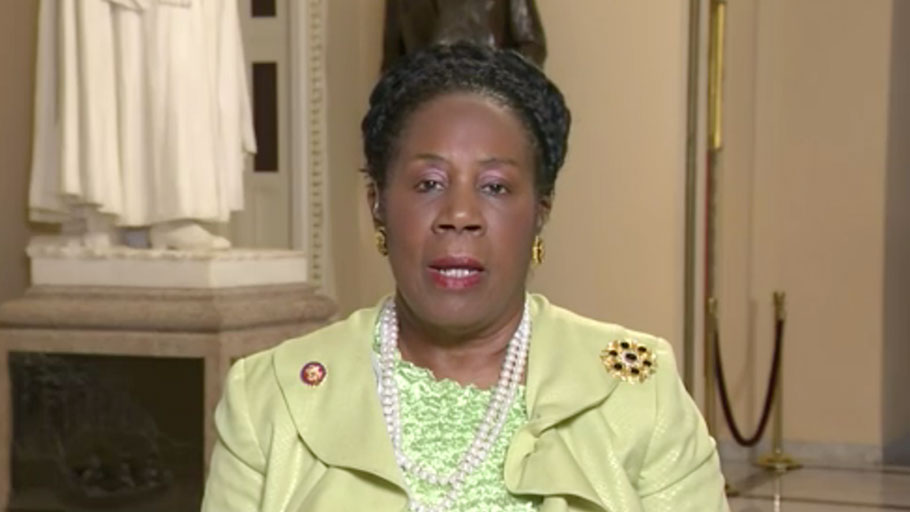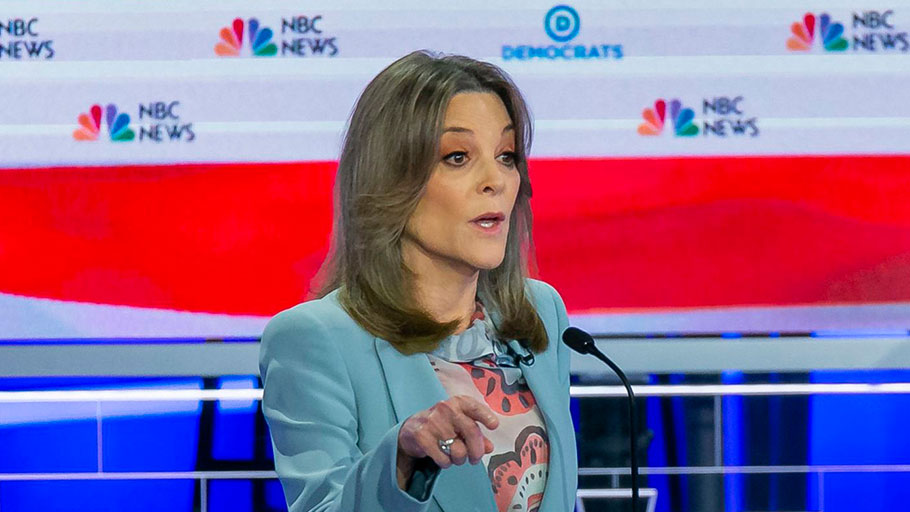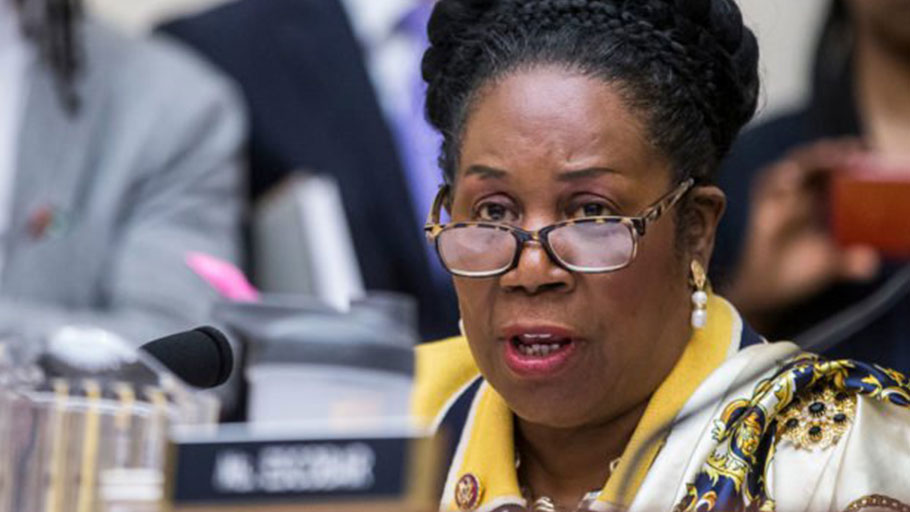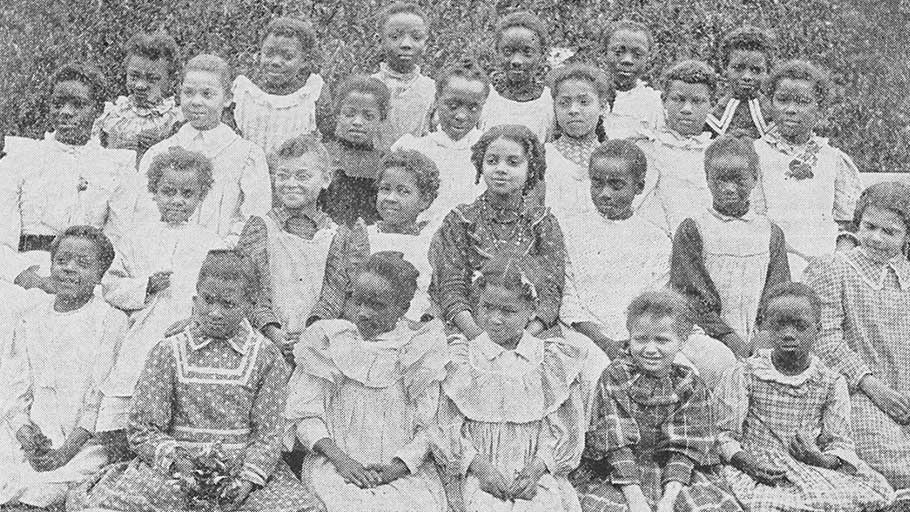
Beto O’Rourke says he is descended from slave owners, supports reparations to unite ‘two Americas’. By Vandana Ravikumar, USA Today — The former House representative from El Paso, Texas, published a Medium…
Reparations for slavery is the idea that some form of compensatory payment needs to be made to the descendants of Africans who had been enslaved as part of the Atlantic Slave Trade. The most notable demands for reparations have been made in the United Kingdom and in the United States, where slavery was the most pervasive. Caribbean and African states from which slaves were taken have also made reparation demands.

Beto O’Rourke says he is descended from slave owners, supports reparations to unite ‘two Americas’. By Vandana Ravikumar, USA Today — The former House representative from El Paso, Texas, published a Medium…

By Sandy Mazza, USA Today — ATHENS, Ala. – Senate Majority Leader Mitch McConnell was born about 40 miles from his great-great-grandfathers’ Alabama cotton farms, worked by slaves 100 years before. Like so many long-standing Southern white families, McConnell’s forebearers built their wealth with free slave labor and cheap land. Two of his great-great-grandfathers owned more than a dozen slaves, census records reviewed by the USA TODAY Network show. The…

By Emily Tillett, CBS News — The topic of reparations for the descendants of Americans who were enslaved has come up on the 2020 campaign trail and in the halls of Congress, as lawmakers continue to push for a commission to study and consider reparation proposals. One of those lawmakers, Rep. Sheila Jackson Lee of Texas, says some in Congress are now turning reparations into a “constructive discussion on the…

WASHINGTON (NBC News) — Working to prove himself to African American voters, Pete Buttigieg is releasing an 18-page plan Thursday to improve conditions and opportunity for black Americans on everything from the health care, education and criminal justice systems to entrepreneurship and access to credit. The wide-ranging plan constitutes Buttigieg’s initial version of a proposal for reparations for slavery. His campaign says it views it as a “complement” to H.R. 40, legislation working…

By Christian Weller — This article was originally published in Forbes on June 19, 2019. June 19th marks the anniversary of the abolition of slavery in Texas and a reminder…
Video by Movement For Black Lives — We know you’ve seen reparations in the news a lot lately, but this is not a new topic. Black people have been fighting…
7/08/19 Vantage Point Radio — Host Dr. Ron Daniels talks with guests Mashariki Jywanza (Co-Chairperson, N’COBRA, Indianapolis, IN), Kamm Howard (Co-Chairperson, N’COBRA, Chicago, IL), Rev. Mark Thompson (Talk Show Host, New York, NY) and callers about the N’COBRA Convention and the State of the Presidential Race

By Valerie Russ — Most Americans overwhelmingly oppose reparations to African Americans descendants of enslaved persons. But a slight uptick in support especially among younger Americans in recent years may be a result of activism over police killings over past five years.

In a racialized economy, land trusts and cooperatives offer a lasting form of reparations, say activists. By Laura Flanders, Truthout — This year has already seen more Democrats talking about reparations than ever, including several running for the presidency. Now, rather than writing checks to individuals, more and more people are talking about collective strategies for repair and reparation. Community land trusts, cooperatives and mutual housing associations, for example, might…

By Henry Louis Gates, Jr. — We’ve all heard the story of the “40 acres and a mule” promise to former slaves. It’s a staple of black history lessons, and it’s the name of Spike Lee’s film company. The promise was the first systematic attempt to provide a form of reparations to newly freed slaves, and it was astonishingly radical for its time, proto-socialist in its implications. In fact, such…

Black women often have spearheaded the fight for reparations, but it’s time they put their needs front and center. By Courtland Milloy, The Washington Post — At a recent congressional…

In one of the earliest examples of reparations, an ex-slave named Belinda petitioned the government and was granted an annuity. By Matthew Wills, JSTOR Daily — Inspired in part by journalist Ta-Nehisi Coates, conversations about reparations for slavery and its aftermath have become mainstream. But they aren’t new: Reconstruction’s unfulfilled promise of “forty acres and a mule” had antecedents dating back to America’s founding. Belinda was a slave under Royall…